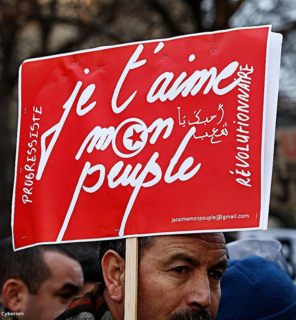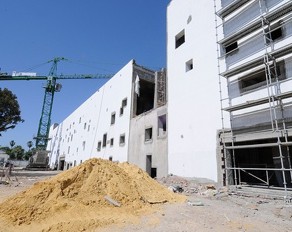|
Tunisia Politics | Economy - Development Tunisia revolution to set back economy
The International Monetary Fund (IMF), before the Tunisian revolt, foresaw a further steady growth in the North African country in 2011. The latest IMF forecast for Tunisia foresaw a GDP growth rate of 4.8 percent this year. The UN World Travel Organisation (UNTWO) registered a 6 percent growth in arrivals to North Africa in 2010 and expected the 2011 growth to be at least as massive.
All in all, the rating firm therefore foresees a large impact on economic growth in Tunisia. It has downscaled its GDP growth forecast for Tunisia from 5 to 2 percent this year. The IMF and the current Tunisian government even believe the unrest could cost Tunisia up to 4.5 percent of its GDP. With an annual population growth of over 1 percent, an expected growth rate of 0.5 to 2 percent comes close to a recession. But the new negative forecasts for Tunisia's economy during 2011 are very unsure, as also the Fitch report admits. If Tunisia fails to find a stable government during the year - or even worse, if the violence returns and becomes chronic - the outlook would be far too optimistic. But if the democratic revolution succeeds in establishing a popular and progressive government within short, Tunisia could soon move from recession to boom. A stable, democratic - although non-Islamic - government in the Arab world be a first-comer, attracting investors, tourists and donors in large volumes. Tunisia's integration into the neighbouring European common market could quickly deepen and a truly democratic government in Tunis could count on massive European assistance. The course of the Tunisian economy has not yet been set. A deep crisis or a quick recovery depends on the credibility of the government establishing itself in Tunis over the next few weeks and months. By staff writer © afrol News - Create an e-mail alert for Tunisia news - Create an e-mail alert for Politics news - Create an e-mail alert for Economy - Development news
On the Afrol News front page now
|
front page
| news
| countries
| archive
| currencies
| news alerts login
| about afrol News
| contact
| advertise
| español
©
afrol News.
Reproducing or buying afrol News' articles.
You can contact us at mail@afrol.com









